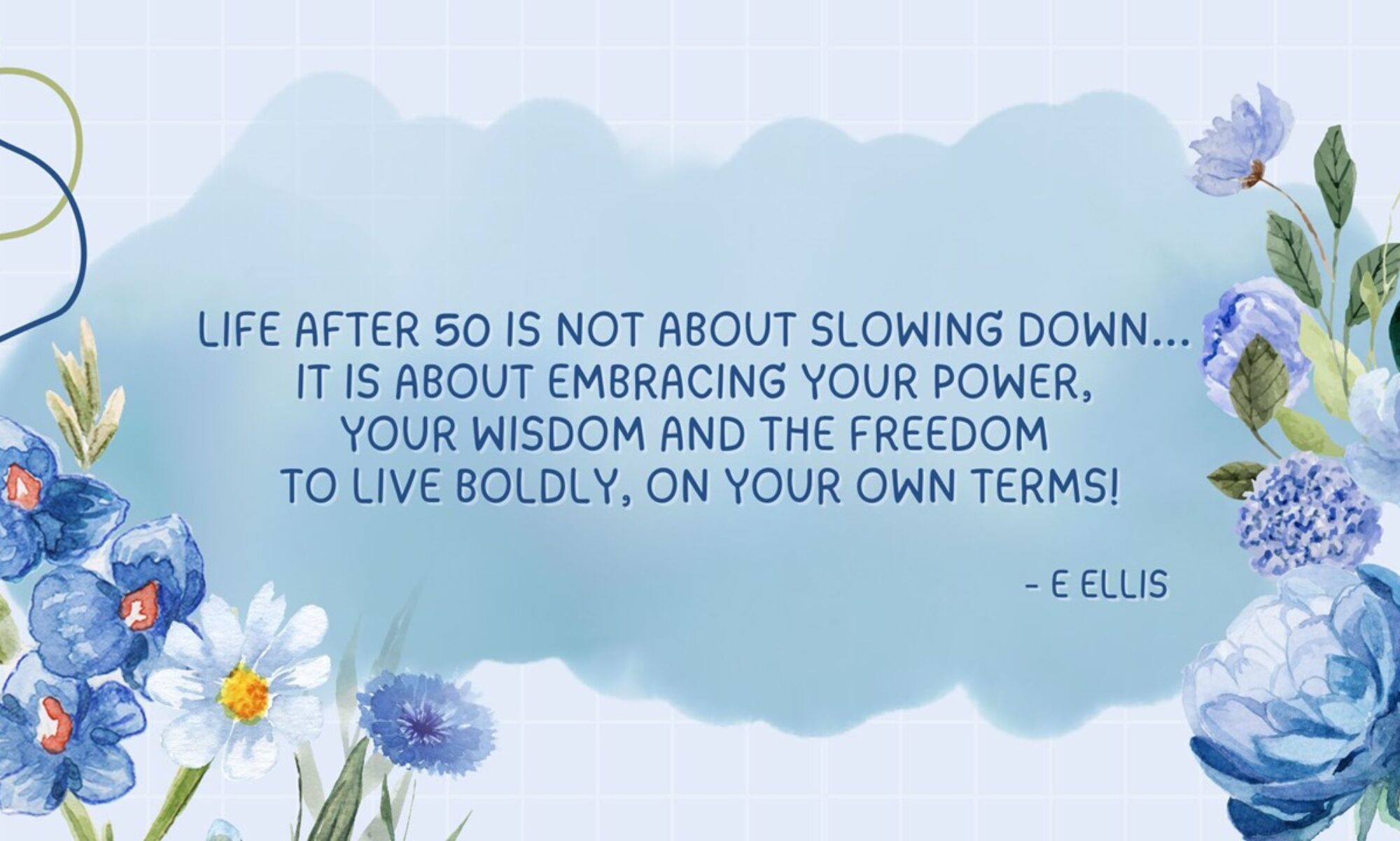
We all endured and came out of a very stressful time during the Covid19 Pandemic. For romantic couples, this stress took on very specific parameters. For some couples, the pandemic provided an opportunity to spend more time together and they loved it! Other romantic relationships suffered because one or both partners had to spend a lot of time away from each other as they worked in essential services or had to be separated for the fear of a loved one being infected with the virus. As couples, we had to live through relentless routines of living in a virtual reality with little or no actual social contact. It was not fun!
But for some couples, there was no separation whatsoever. They found themselves in each other’s company all the time. Too much togetherness had them in each other’s hair and at each other’s throats all the time. This brought stress of its own.
Now that life has normalised, to something that remotely resembles life as we knew it, the stress and the trauma of living through the thick of the pandemic are still with us. Slowly but surely we are now starting to see the real damage that the pandemic has done, as we clear away the debris and are faced with a reality that we do not like very much. Our lives and our relationship might never be the same!
So what can we do to try to safeguard ourselves, our partners, and our relationships while we learn to navigate “the new normal”?.
Polish your social skills
If you spend most of your time alone in the last two years, and you dated online and long distance, you might feel that you need to get out there in the world again. But you might feel that you feel awkward in social circles and you may feel that your social skills are a bit rusted. Getting out and starting to interact again will need you to be patient and allow time for transition. Remember to be patient.
Great books to read about this topic is “How to win friends and influence people” by Dale Carnegie, and “Skill with people” by Les Giblin.
Give yourself time
If you are an introvert like me, you might not really want things to go back to the way it was before lock-down. We kind of like working from home, not dealing with office politics and crowds. We like not having overly full schedules with family and friends. They might need time to adjust and you have to be patient. Extroverts might be very eager to get out in the world and make a dent in the universe. If one of you is introverted and one of you is extroverted, you might be wise to decide to allow each other some time to adjust.
What can we do to assist in the process of healing?
Although lock-down has occurred almost two years ago, we must remain cognisant that our partners might still be adjusting and healing from what they have experienced.
- They might still be bone-tired. They might need to take a vacation or duvet-days more often.
- They might struggle to come to terms with what they have seen and experienced. They might feel fragile and depressed. They might need to find ways to deal with deep-seated grief. This is where we as partners must practice unconditional love. Love is the only solution to all of this. This is a time when we have to put ourselves aside and be there for them.
- If your significant other is a professional person who got to work from home, they will have to make specific adjustments. They might feel drained and exhausted from all the Zoom meeting they had to attend. Working from home also meant that the office was never out of reach so “work never stopped”.
- One of the big challenges many of us faced, is the fact that some households were unforeseenly extended. But these larger-than-normal households might have increased the noise levels, created more interruptions, and diminished a sense of orderliness. We and/or our partners did not have as much privacy and space as we were used to
As much as we personally suffer we must remember that our significant others have suffered in the same way but in a different way. It is our responsibility to work towards healing the damage caused by the Covid Pandemic. We are the ones who must start this process. We cannot wait for someone else to take the lead. But we need to do it from a point of love. We will have to be patient, compassionate, supportive, and understanding. This is going to take a while to sort itself out, the same way it is going to take you a while to sort things out. I find that the best way to help our significant others heal and thrive in the months and years to come, is to be the support we want to get for ourselves.
There is a law in the universe that says that you will reap what you sow. If you sow love, patience, compassion and support, you will get that for yourself too. And in this way, we will all slowly move to a place where life becomes bearable again.
In the mean time:
- Acknowledge what happened and keep on looking for the blessings in those situations that you feel were only a curse
- Remain aware of what you think and feel. Remember, what you think about, you bring about.
- Remember that we all are in the same boat. None of us had recovered from a global pandemic before. Compassion creates emotional connection and that will be helpful to work towards a better future.




